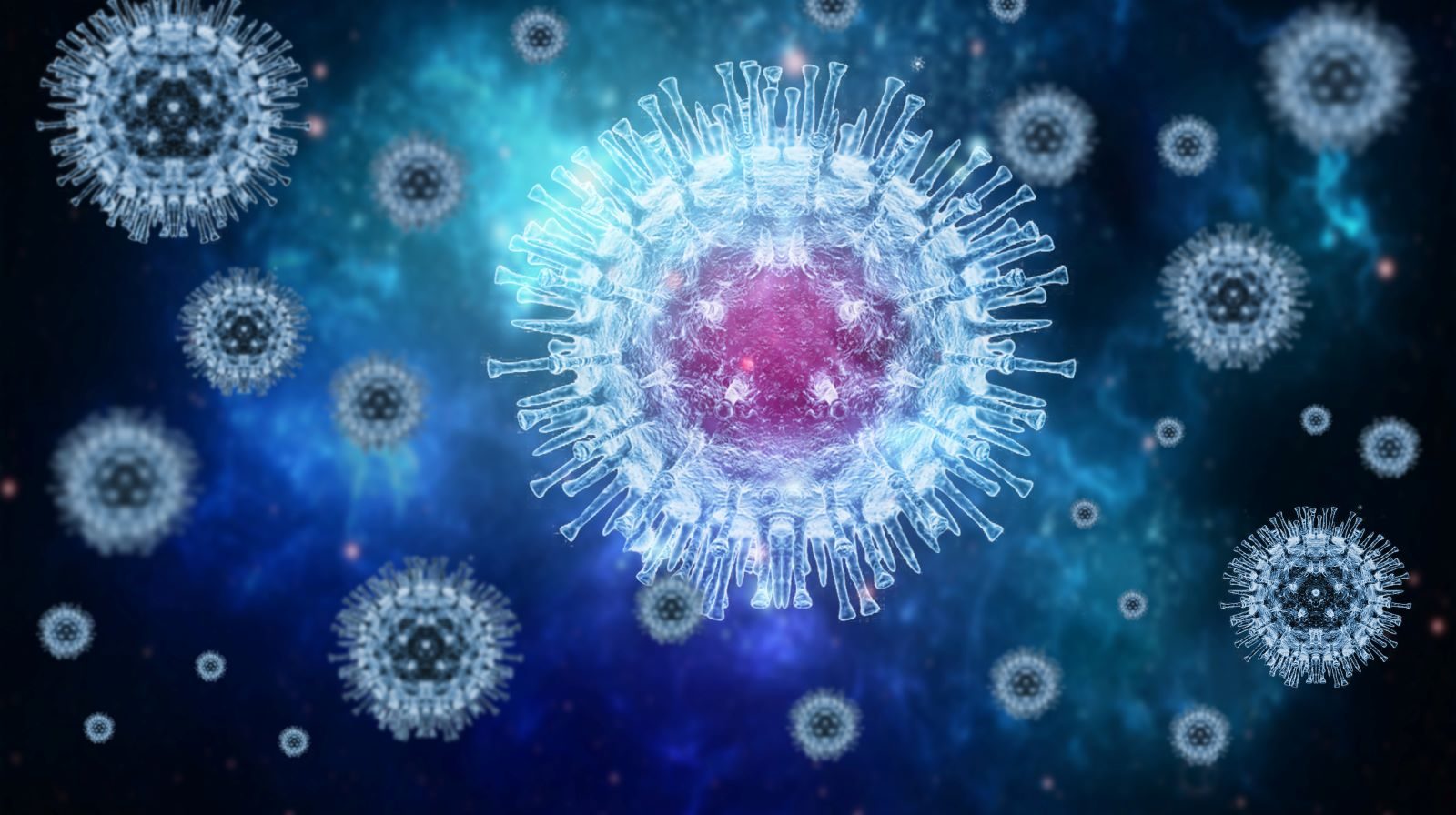Nine new cases of monkeypox have been confirmed in Connecticut, just over a week after the first case was reported in the state.
As of Wednesday, there were a total of 1,052 cases of monkeypox in the U.S. with additional unconfirmed cases and exposures.
What should I do if I think I’ve been exposed?
If you believe you have been exposed, the most important thing to do is to seek medical attention immediately.
When you visit your provider, let the office or clinic know that you think you have been exposed so proper precautions can be taken. Most cases of monkeypox can be taken care of in an outpatient setting and not the hospital.
What are the symptoms of monkeypox?
Monkeypox, which is much less contagious than COVID, is rarely fatal and usually has mild symptoms, which include:
- Rash.
- Fever and chills.
- Exhaustion and fatigue.
- Headache.
- Muscle aches.
- Swollen lymph nodes.
Lesions will be present in all cases of monkeypox, but may not always look like the full-body rashes often portrayed online or in the media.
How is monkeypox spread?
Unlike COVID-19, which is spread through airborne particles, monkeypox spreads through close, prolonged contact with an infected person. This might include coming into contact with skin lesions or body fluids, sharing clothes or other materials that have been used by an infected person, or inhaling respiratory droplets during prolonged face-to-face contact.
Should I be worried?
“We shouldn’t panic, because monkeypox has very little pandemic potential,” says Ulysses Wu, MD, Hartford HealthCare’s chief of epidemiology. “It has infective potential, but amongst the backdrop of COVID, its infectivity potential is much lower.”
Who is most at risk?
This monkeypox outbreak was originally associated with sexual contact between men, but experts warn that this is not the only at-risk group.
“Certain patient populations certainly have to take precautions because of its mode of spread,” Dr. Wu warns, “but you don’t have to be a man who has sex with men to develop this disease. It can also be spread heterosexually, through close contact, or not even sexually at all. Anybody can get this.”
Certain groups of people are more likely to experience the most severe symptoms, including:
- The immunocompromised.
- Newborns, children and young adults.
- Pregnant women.
- Elderly people.
- People with severe skin conditions.



